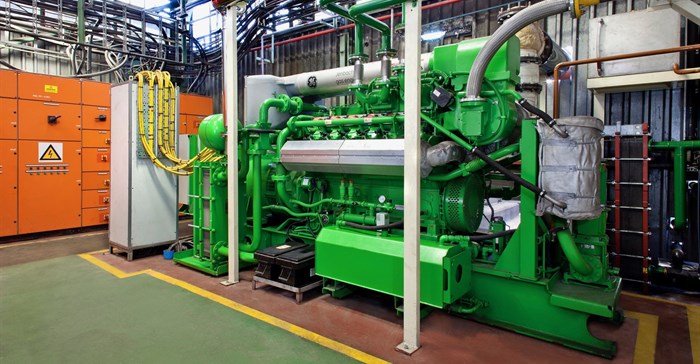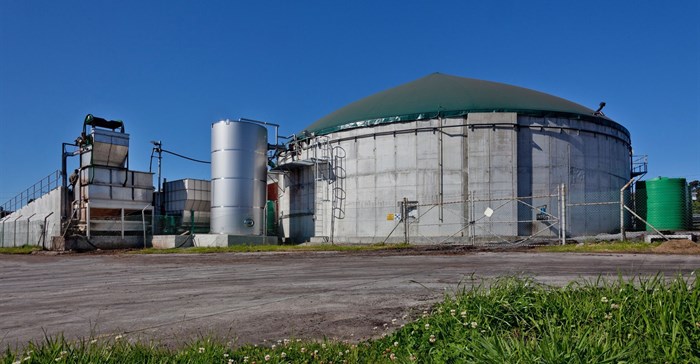While the World Wildlife Fund, in conjunction with the CSIR and Department of Science and Technology as part of the International Climate Initiative, report that a third of available food is wasted is and should be lauded, it ignores the work of many in the agriculture industry today, who strive for zero food waste.
Returning maximum value to grower shareholders, minimising waste
This, according to Tru-Cape Fruit Marketing who says its model of owning as much of the value chain as possible has to lead to the kinds of efficiencies that not only return maximum value to grower shareholders but also minimise waste in every way.

Image Supplied
“Fruit that does not meet the grade for export, is sold to the local market. Where the specifications fall short of local supermarkets, it is sold on the municipal market. Beyond that, fruit that is either too small or cosmetically blemished goes to the juice plant. The pomace by-product of juicing and other fruit that for whichever reason doesn’t meet any of the above specification gets used in the first-of-its-kind bio-digester in Grabouw and turned into electrical power. Windfalls are incorporated into the mulch which also helps to reduce moisture loss from the earth,” Tru-Cape’s Marketing Director Conrad Fick explains.

The digester at Elgin Fruit Processors that converts fruit and other waste to electricity. (Image Supplied)
According to Managing Director Roelf Pienaar, Tru-Cape’s vertical efficiencies in owning the value chain mean that growers earn more for their crops which allow them to invest in further plantings maintaining food security for the future. “Our growers own the packing facility, the logistics company which manages transport, direct market-access businesses which allow us to reach markets in over 104 countries, our own marketing company which builds the Tru-Cape brand and achieves the best value for our growers’ fruit along with the packaging company and the juice company. All operate on a not-for-profit basis returning the maximum to the grower-owners,” he says.
Greater need for research and data philanthropy
One of the positive points that did emerge from the WWF February workshop was the greater need for research and data philanthropy. “We have a number of academic outreach programmes and our own MD is a part-time finance lecturer at the University of Stellenbosch but we also champion development in the industry like few others do with someone like New Varietal Expert Buks Nel on our team,” says Fick.
Comitted to SDG 12
Tru-Cape says it is committed to Sustainable Development Goal 12 which seeks to “ensure sustainable consumption and production patterns.” The third target under this goal calls for cutting in half per capita global food waste at the retail and consumer level, and reducing food losses along production and supply chains (including post-harvest losses) by 2030.

















































